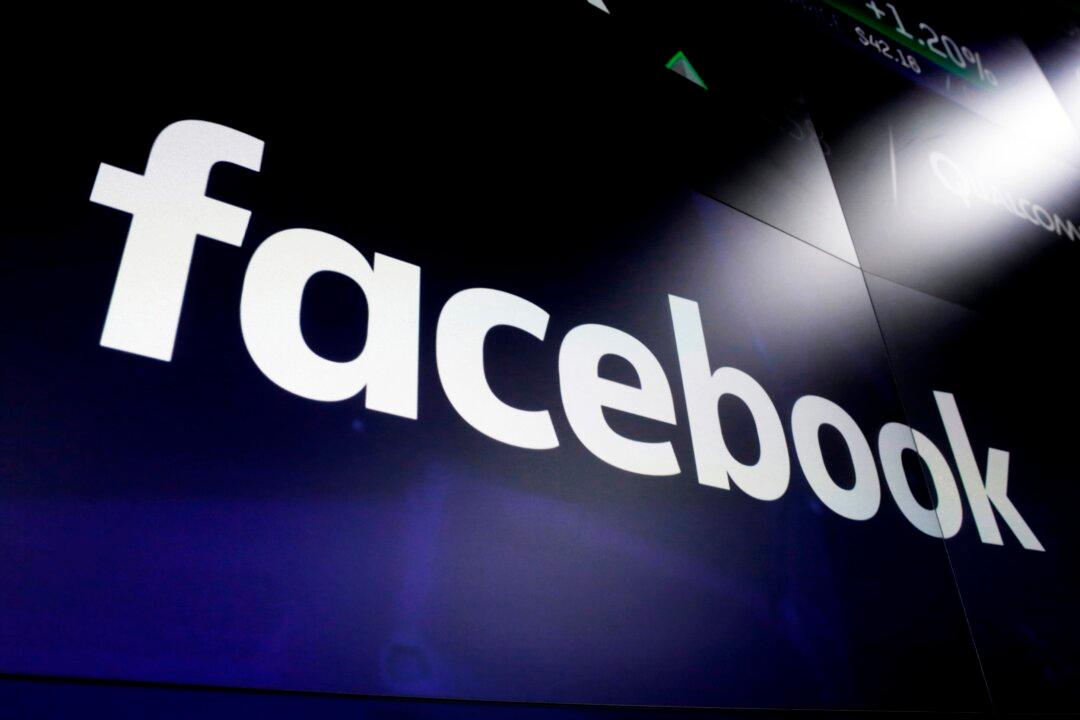Illinois Facebook users are now able to submit claims online and receive payouts between $200 and $400 as part of a $650 million settlement that followed a class-action lawsuit, claiming the social media giant illegally collected and stored biometric data of millions of users without their consent.
The lawsuit, that was ongoing for more than five years, accused Facebook, Inc. of violating the state’s Biometric Information Privacy Act (BIPA), via its “Tag Suggestions” feature and others involving facial recognition technology. The feature allowed users to recognize their Facebook friends from previously uploaded photos.





